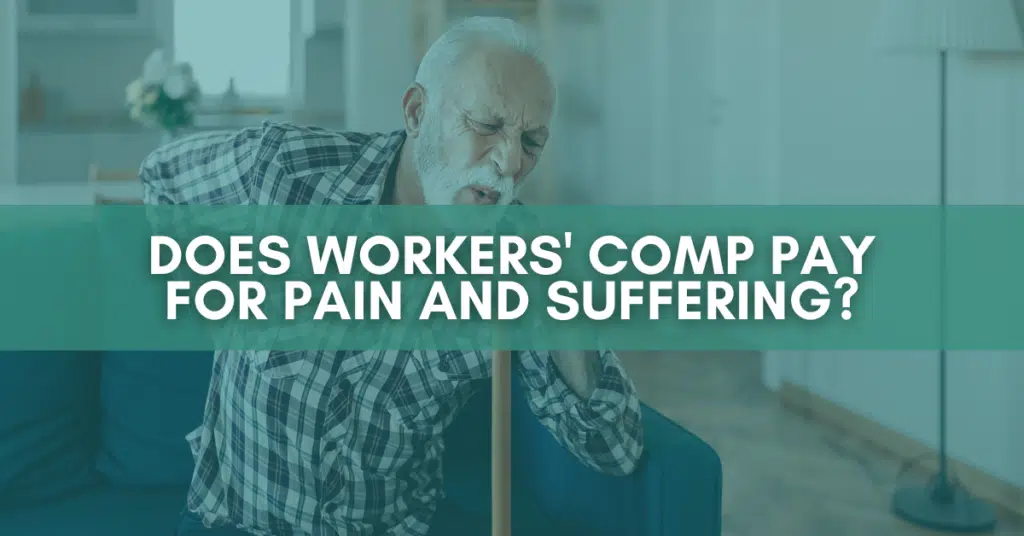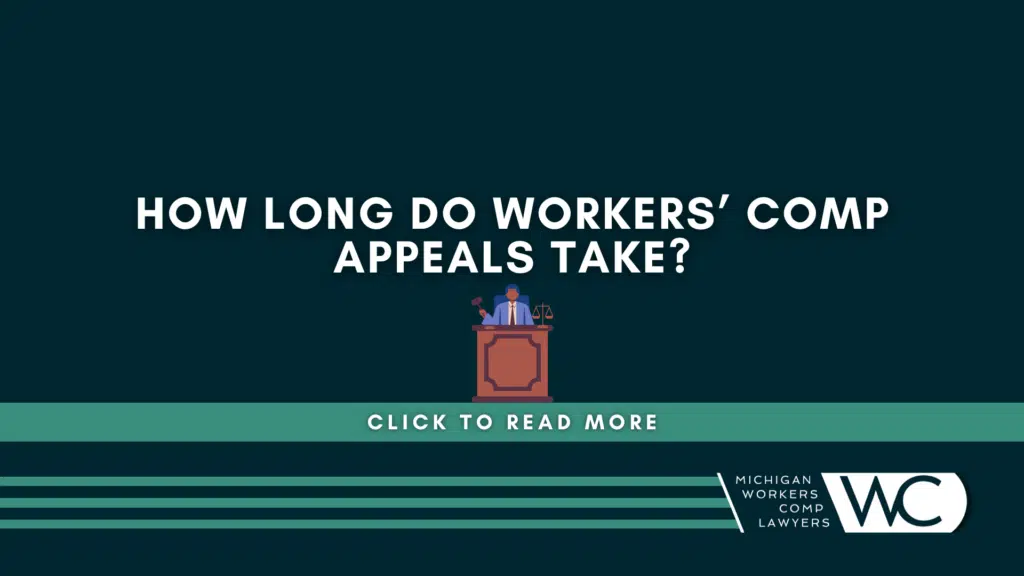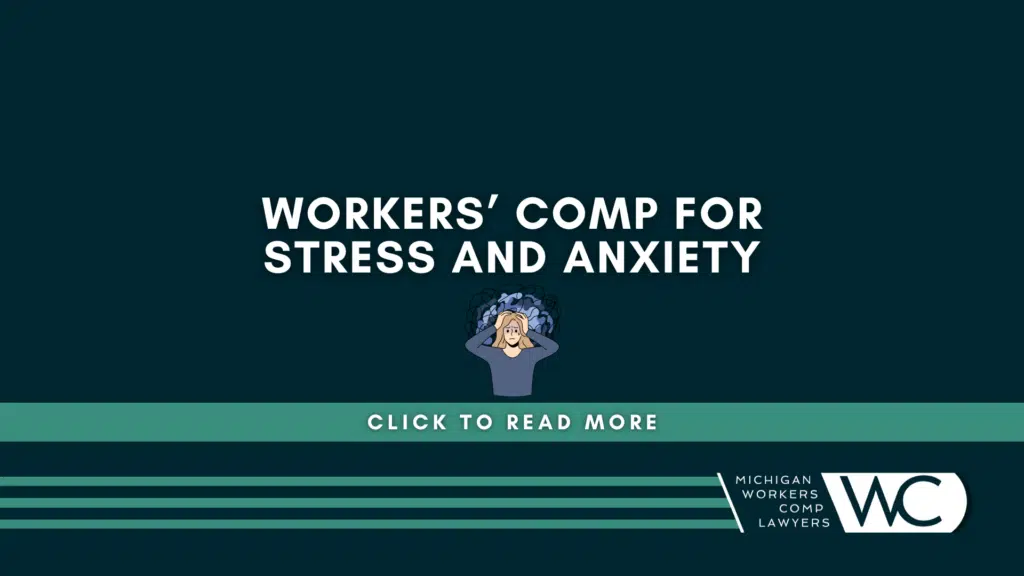
Employees who are covered under a workers’ comp insurance policy in Michigan do not get pain and suffering damages.
Michigan law requires that businesses purchase workers’ comp insurance. This is to protect employees who get hurt on-the-job, and it does not matter if they were at fault. Workers’ comp pays medical bills, lost wages, and vocational rehabilitation but does workers’ comp pay for pain and suffering in Michigan? The answer is ‘no,’ because it is a trade-off between employee and employer interests. Think of it as a “grand bargain” between labor and business.
Workers’ comp is the “exclusive remedy” for an on-the-job accident. This means no civil lawsuit can be filed against the employer for negligence. In exchange for giving up pain and suffering damages, employees should be paid benefits regardless of fault.
Disabled employees are supposed to receive 80% of their after-tax average weekly wage. Weekly checks continue indefinitely provided an employee is doing a good-faith job search. All reasonable and necessary medical treatment should also be covered. There should never be any copayments or deductibles owed by the employee. Vocational rehabilitation is available to help with transitioning to a new job. Does workers’ comp pay for pain and suffering? The answer is ‘no,’ under any circumstances.
Does workers’ comp pay for pain and suffering in Michigan?
Workers’ comp is the exclusive remedy for an employee hurt on-the-job in Michigan which pays for medical treatment, lost wages, and vocational rehabilitation but it does not cover pain and suffering. Exceptions would be a lawsuit against the employer for an intentional tort. It is also possible to sue if the employer failed to purchase insurance.
Though workers’ comp doesn’t pay for pain and suffering in Michigan there are some exceptions where an employee can sue their employer directly in a civil lawsuit. For example, if the employer committed an intentional tort or failed to purchase required workers’ comp insurance.
An employee who is hurt at work can sue their employer for pain and suffering damages if they can prove an intentional tort. This is where the employer specifically intended to cause harm. It is not enough to show negligence, but it must be something that was sure to cause harm. For example, a physical assault on an employee.
All private businesses with at least 1 employee working 35 hours or more per week for 13 weeks or longer should have workers’ comp insurance. Employers who do not have workers’ comp insurance can be sued for their negligence. This opens the door to pain and suffering damages. Employers are still required to pay medical and wage loss. Employers also lose defenses they would otherwise have in this situation.
Though workers’ comp does not pay for pain and suffering in Michigan there are still important benefits that should be paid when someone is hurt on-the-job. Many of our clients trade these benefits for a lump sum cash payment. It is our way of getting people compensated after a workplace injury.
Injured while on-the-job in Michigan? Contact our lawyers now
If you were injured while on the job in Michigan and are wondering if workers’ comp pays for pain and suffering or have questions about any other benefits you can recieve, call us now, or fill out our contact form for a free consultation. There is absolutely no cost or obligation. Our attorneys are here for you.
Our attorneys have been exclusively helping injured workers in Michigan for more than 35 years. Our attorneys can help you better understand Michigan work injury laws and what happens after someone has been hurt on the job. To see what our own clients have to say about the caring, compassion, and communication they received from us, you can read in their own words about their experience here on our testimonials page from clients we have helped.
Michigan Workers Comp Lawyers never charges a fee to evaluate a potential case. Our law firm has represented injured and disabled workers exclusively for more than 35 years. Call (844) 316-8033 for a free consultation today.
Related information:


